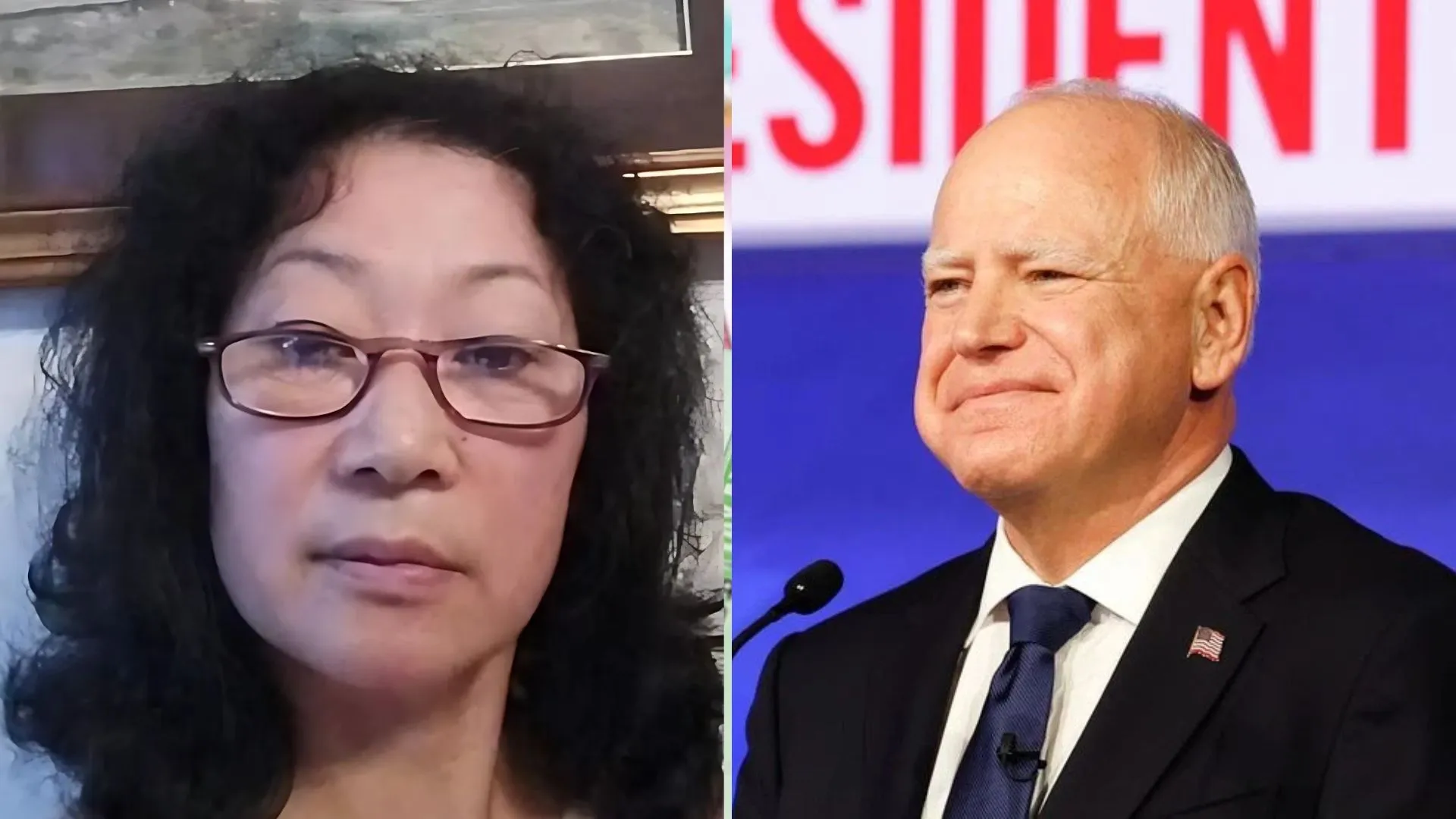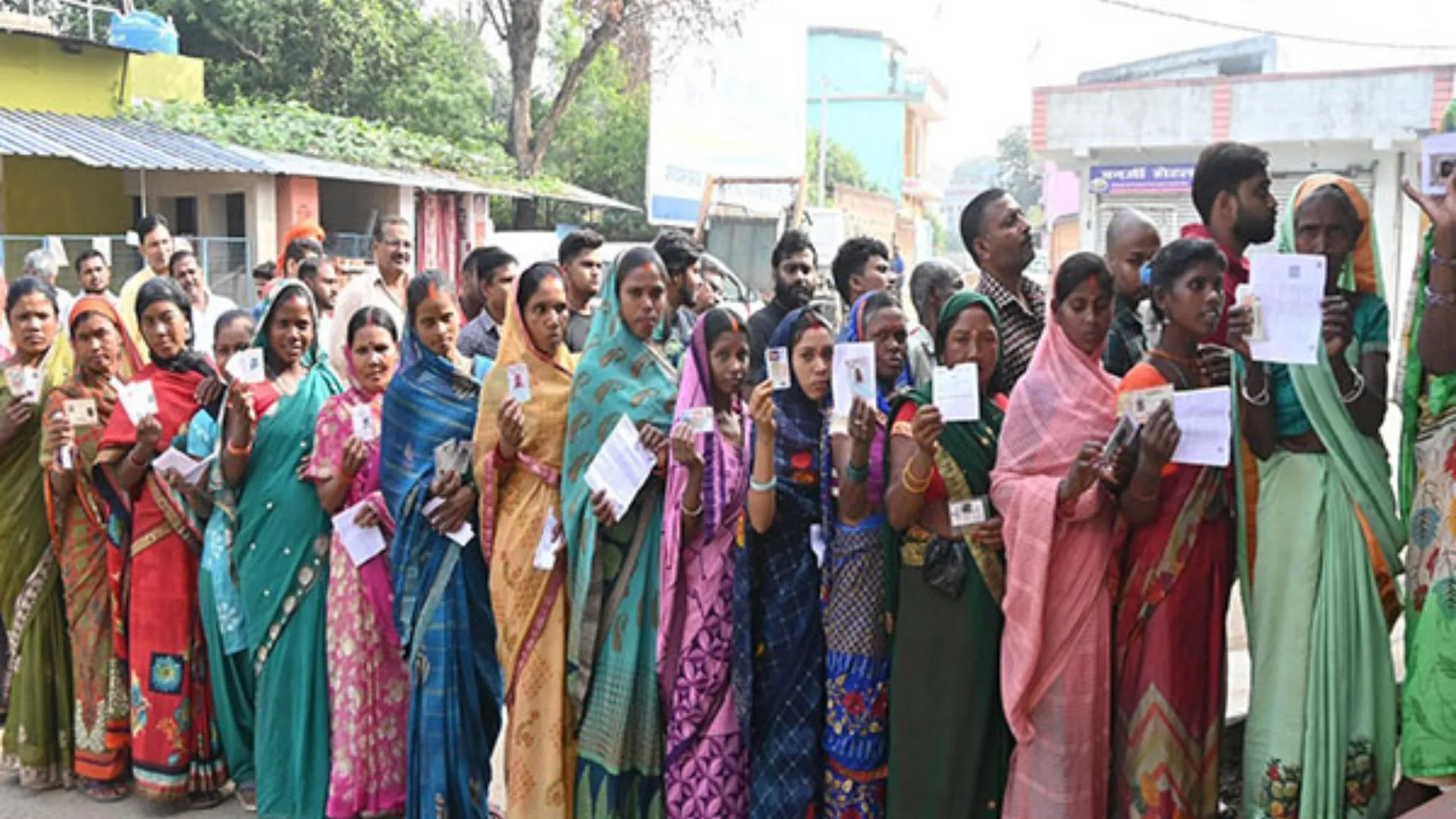Democratic vice presidential candidate Tim Walz faces accusations of driving Jenna Wang, the daughter of a Chinese Communist Party official, to the edge of despair during a turbulent love affair in the late 1980s. During his teaching stint in Foshan, China, Walz reportedly shared an intense romance with Wang, who claims the relationship left her feeling misled and devastated.
Wang, now 59, spoke about her past relationship with Walz, who was then a high school English teacher. She shared that she fell deeply in love, believing Walz intended to marry her. The two shared many private moments, including letters exchanged after Walz returned to the U.S., leading Wang to believe he was helping her secure a visa to join him. She even sent him a passport-sized photo, a gesture she interpreted as a step toward a shared future.
“I was deeply insulted, hurt, and had to leave,” Wang explained, detailing how Walz’s actions in the relationship left her feeling humiliated. “I thought he loved me. I loved him,” she added, pointing to Walz’s apparent lack of responsibility in his behavior toward her.
Public Displays And Secret Promises
According to Wang, the couple managed to keep their affair somewhat private, careful not to draw the attention of her father, Bin Hui, a respected labor union leader. The pair spent time together outside the watchful eyes of family, visiting karaoke bars and enjoying outings where Walz gifted her jewelry and clothing. Wang described the early days as “like husband and wife.”
Her father, Wang noted, would likely have opposed her relationship with a Westerner, given the political climate and her father’s position in China.
Accusations Of Emotional Manipulation
Wang’s hopes were dashed, she claims, when Walz suggested she was only interested in obtaining a visa. Feeling hurt and rejected, Wang recalls feeling demeaned, as if she were being treated “like a prostitute.” This revelation, she says, left her devastated and led to a period of emotional turmoil where she questioned her future and her self-worth. The pair never met again, and Wang left China a few years later, moving to Italy.
In a public letter, Wang expressed her disappointment, accusing Walz of betrayal. “You led me to believe—as well as led others to believe—that marriage was in our future,” she wrote. She further alleged that Walz misled people about his intentions and that his actions lacked the character and integrity expected of a high-profile leader.
The Aftermath And Walz’s Return To China
Though their relationship ended, Walz returned to China in 1993 to lead a student program connecting U.S. students from Nebraska and Minnesota with Chinese educational institutions. He later married Gwen Whipple, his current wife, in 1994 on June 4, a date marking the anniversary of the Tiananmen Square massacre, which Whipple said would “be a date he’ll always remember.” Wang interprets the significance of this date differently, accusing Walz of insensitivity and dishonesty.
Wang believes that Walz’s past behavior raises questions about his integrity, stating, “This is a very crucial moment in history, and a man like this does not appear to have the character and integrity to do one of the most important jobs in the world.” Her public statements call into question Walz’s character, casting a shadow over his political career and his campaign.
The Harris-Walz campaign has yet to respond to these allegations.
MUST READ | Iran Bans Imports, Sale, Use Of Motorola Cell Phones After Deadly Blasts


















